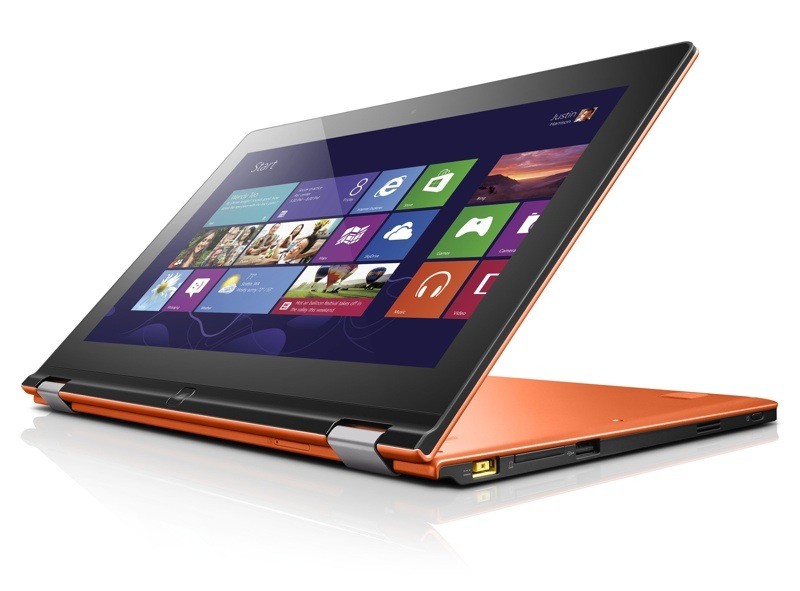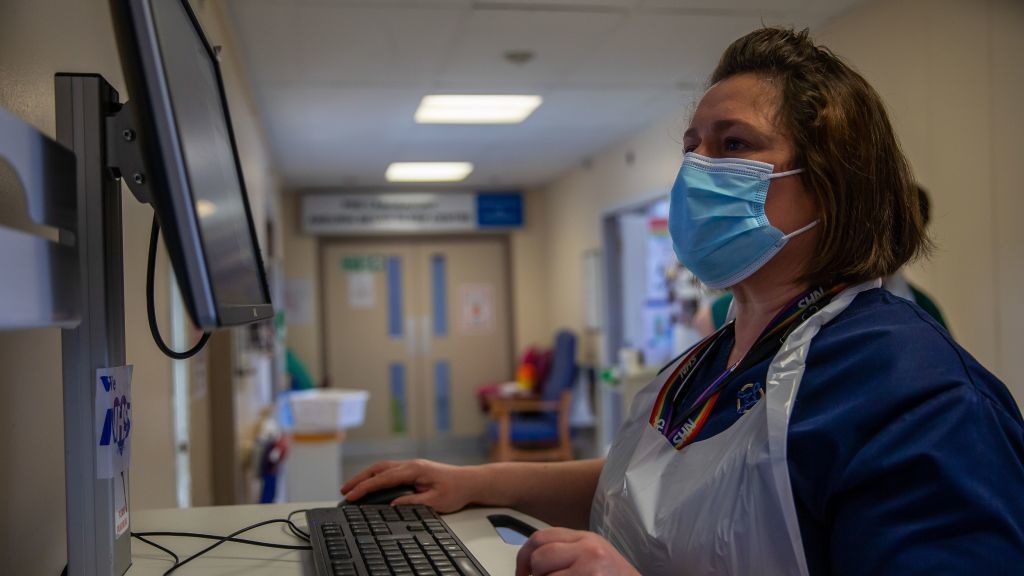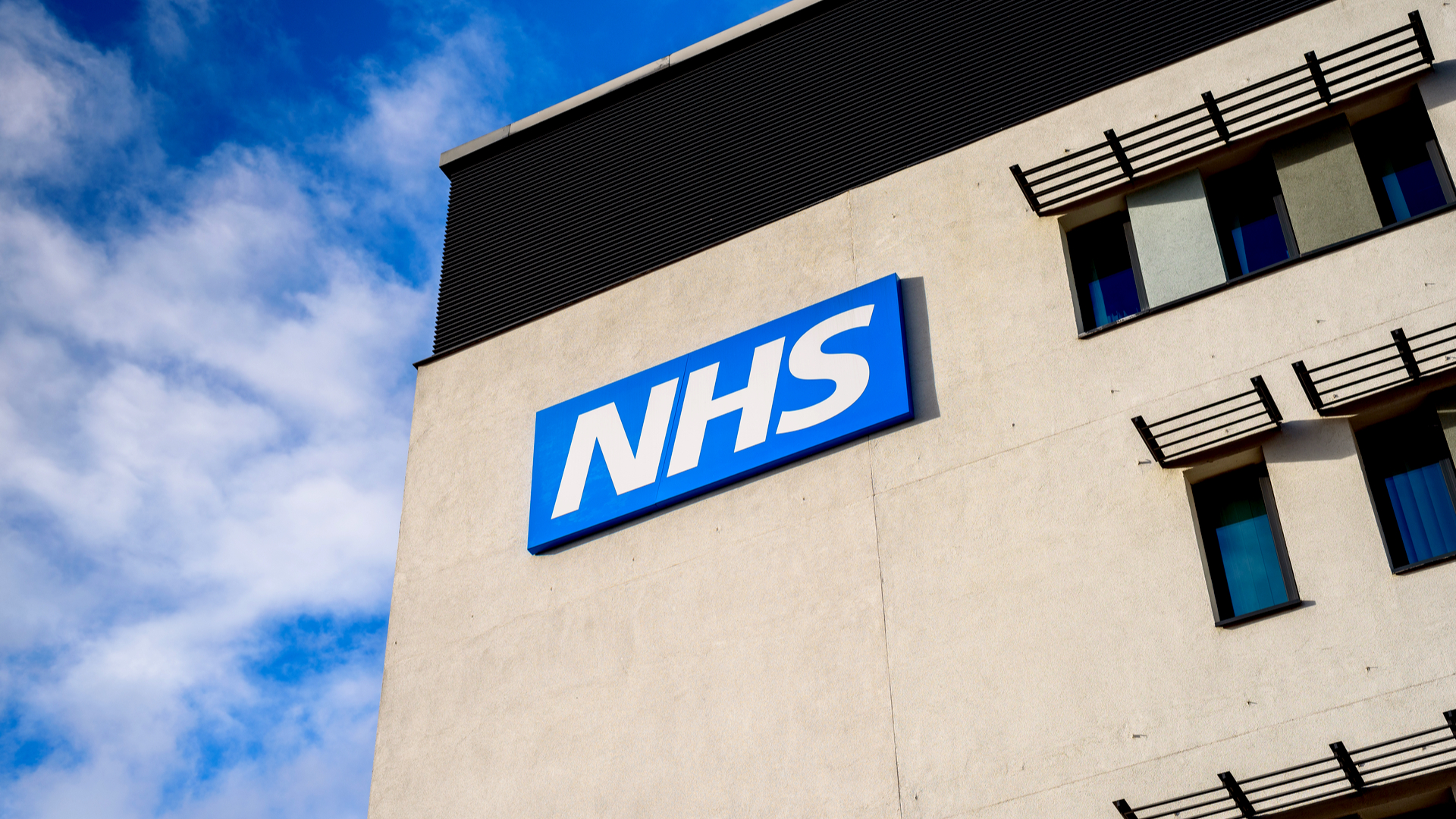Lenovo: Chromebooks are winning over the enterprise
Lenovo says no-one's doing BYOD, and Windows 8 has hurt Microsoft's device strategy

Chromebooks are proving to be increasingly popular in the enterprise, winning against Windows devices that boast too much functionality, according to Lenovo.
The Chinese hardware giant runs the Chrome OS and Windows operating systems on its devices, and said Google's software is making waves in the business world aspeople get turned off by Windows 8.
Steve Kendall-Smith, the UK head of public sector and enterprise at Lenovo, said Chrome is doing well in use cases where mobile workers need to access a small number of apps to do their jobs.
He told IT Pro: "We've just started to see some corporate customers looking at Chromebook. The reason for that is... it is appropriate for certain corporate customers.
"We've got one project that's going on with truck drivers now and they've got one app they use, so actually they're not putting together PowerPoint presentations or anything on spreadsheets, they just need to have this one app."
He pointed to the NHS as another customer eyeing up Chromebooks, for midwives who must put together weekly worksheets but need laptops or tablets for little else.
Asked whether the Chrome OS is eating into Microsoft's devices market share, Kendall-Smith said: "I think it's starting, it's probably early days in all honesty.
Get the ITPro daily newsletter
Sign up today and you will receive a free copy of our Future Focus 2025 report - the leading guidance on AI, cybersecurity and other IT challenges as per 700+ senior executives
"It might be in some cases, they're not necessarily replacing Windows devices but [where customers] have limited use cases, they haven't needed the full blown Windows functionality."
While he backed Microsoft as the main vendor for the enterprise, he argued that Windows 8 has suffered low adoption, with those migrating away from the unsupported XP operating system moving to Windows 7 instead.
"To be honest there's not many on Windows 8," he admitted. "Really our business over the last year [has seen us do] a lot of Windows 7 refreshes, where corporate and enterprise customers are moving away from XP but they're not going to Windows 8."
A total 55 per cent of desktops around the world run on Windows 7, according to the latest NetMarketShare figures, compared to another 19 per cent still on XP.
In comparison, just 3.79 per cent of desktops run Windows 8, while Windows 8.1 has 10 per cent of the market.
Where customers are using Microsoft operating systems, they are running Windows 7 on PCs and Windows 8 on tablets, Kendall-Smith added, creating two different operating systems running in tandem.
With Windows 10 to be released later in 2015, that could change, but Kendall-Smith said it is too early to anticipate demand for the operating system.
BYOD
Lenovo's latest quarterly financial results showed the giant had a 4.8 per cent share in the global tablet market, with 3.7 million shipments, but Kendall-Smith said the BYOD trend of bringing personal devices into the office was not a popular one among customers.
He told IT Pro that - aside from the security concerns of giving personal devices access to a corporate network - the trend was simply not practical.
"Most corporate organistaions have looked at BYOD but felt there are too many limitations," he said. "What happens if you bring your own device to work but you forget the charger?"
Instead, Lenovo sides with Microsoft that the best way to get their products into enterprise customers' hands is by going through the IT department with Choose Your Own Device (CYOD), where customers get a choice of IT-approved tablets.
"It gives employees the choice, but still keeps it within a corporate standard, so it is definitely the best way," he said.
Public sector
Lenovo claims the popularity of laptops and tablets has helped it quadruple its UK public sector revenue from 50 million to 200 million in the last five years.
It ascribed some of this success to demand in the NHS and local government, with Lenovo winning part of a 25 million NHS tender that will see it provide nurses with mobile devices.
Meanwhile, Kendall-Smith said Lenovo has struck deals with four central government departments in the last year.
"They were looking for new ways of working, in the areas of convertibles and so on, out in the field. Still people are moving away from desktops onto laptops, that's definitely been the case," he said.
"We've done a number of big rollouts with tablets, convertibles across central government as well as standard laptops and desktops."
-
 Should AI PCs be part of your next hardware refresh?
Should AI PCs be part of your next hardware refresh?AI PCs are fast becoming a business staple and a surefire way to future-proof your business
By Bobby Hellard
-
 Westcon-Comstor and Vectra AI launch brace of new channel initiatives
Westcon-Comstor and Vectra AI launch brace of new channel initiativesNews Westcon-Comstor and Vectra AI have announced the launch of two new channel growth initiatives focused on the managed security service provider (MSSP) space and AWS Marketplace.
By Daniel Todd
-
 NHS leaders are keen to adopt new digital tools, but IT can't solve problems on its own
NHS leaders are keen to adopt new digital tools, but IT can't solve problems on its ownA survey of healthcare decision-makers finds they believe IoT devices and electronic health recording could help them reach more patients quicker
By Emma Woollacott
-
 How a paperless approach cut wasted staff hours at Bradford Teaching Hospitals Trust
How a paperless approach cut wasted staff hours at Bradford Teaching Hospitals TrustCase study Through DrDoctor’s digital portal for patient appointments and advice, the Rheumatology team at Bradford Teaching Hospitals NHS Foundation Trust has dramatically cut
By Peter Ray Allison
-
 Healthcare’s next chapter
Healthcare’s next chapterwhitepaper Revolutionizing how you care with EPR experts you can trust
By ITPro
-
 How digital experience management helped an NHS trust improve productivity
How digital experience management helped an NHS trust improve productivityCase study Princess Alexandra Hospital NHS Trust used digital experience management to cut device failure and restore time to clinicians
By Rene Millman
-
 Will the NHS Federated Data Platform transform UK healthcare?
Will the NHS Federated Data Platform transform UK healthcare?In-depth Plans to create a data platform in partnership with the private sector could revolutionize NHS treatment, but concerns over data privacy and security are festering
By Jonathan Weinberg
-
 NHS IT issues costing doctors more than 13 million hours annually
NHS IT issues costing doctors more than 13 million hours annuallyNews Doctors warn that ageing IT infrastructure is impacting patient care and clinical outcomes
By Ross Kelly
-
 Automation is helping the NHS clear its patient backlog, but not as quickly as expected
Automation is helping the NHS clear its patient backlog, but not as quickly as expectedAnalysis The healthcare service's big bet on robotic process automation is making 'impactful' but slow progress
By Connor Jones
-
 DHSC sets out ambitious targets for NHS App by 2023, beyond
DHSC sets out ambitious targets for NHS App by 2023, beyondNews Ongoing NHS digitisation efforts will form backbone of the new system
By Rory Bathgate